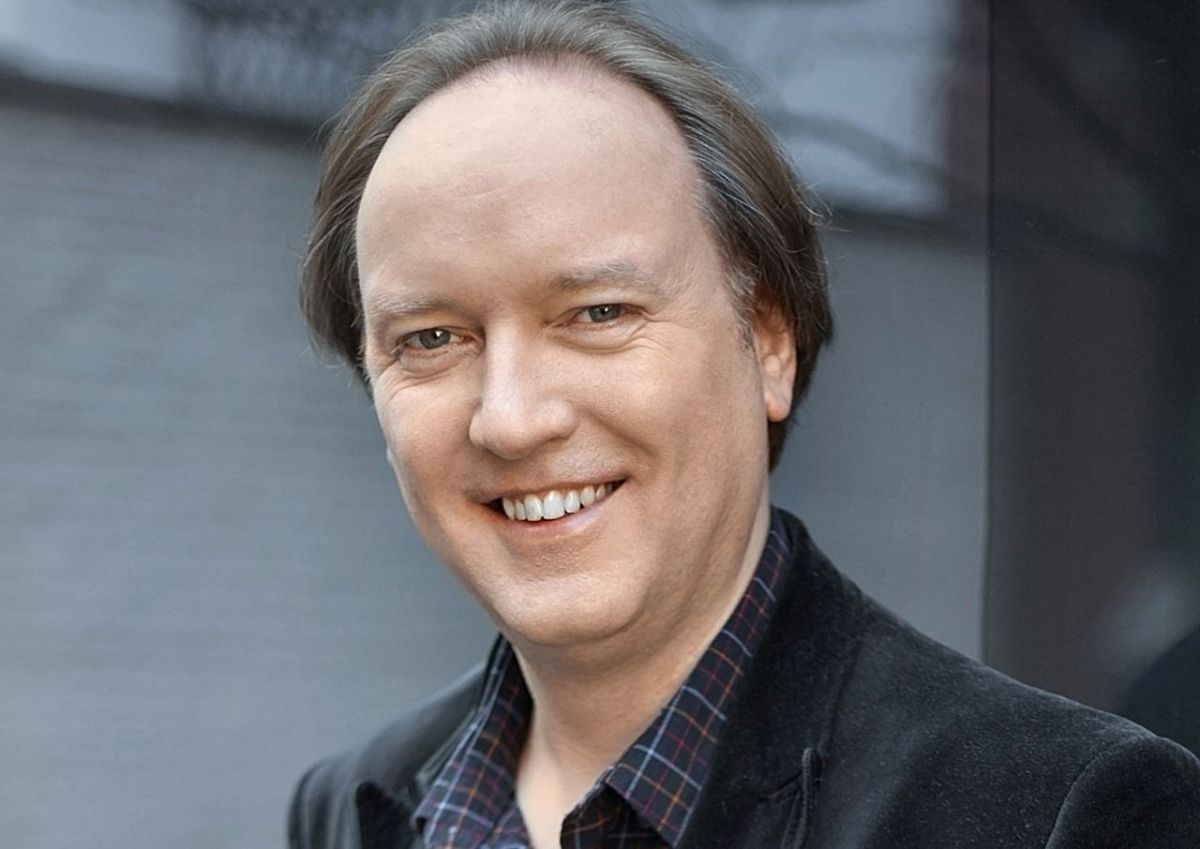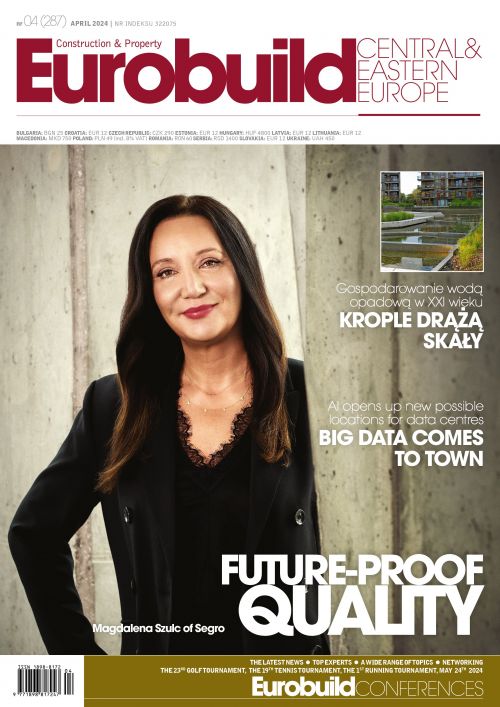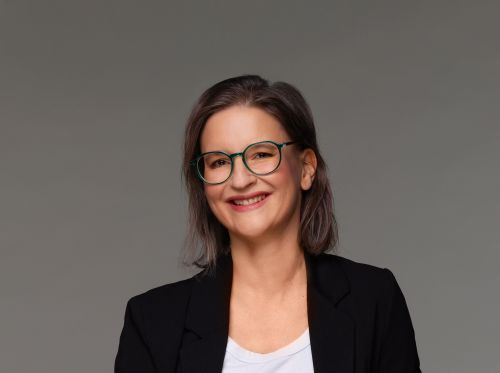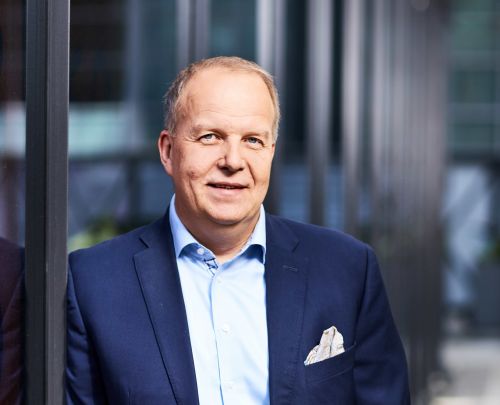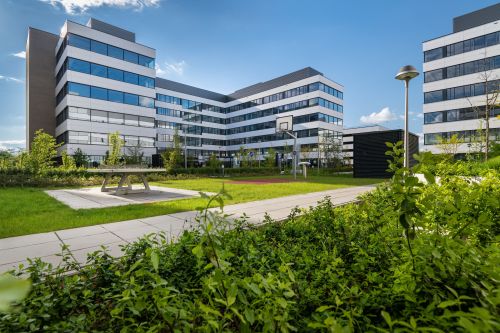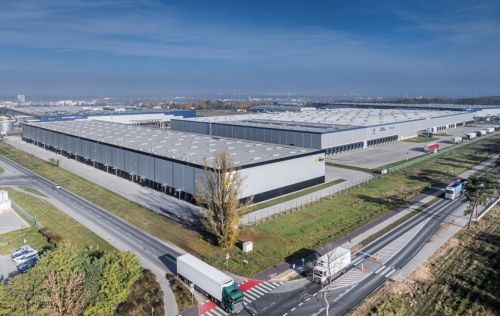An upcoming article that I have in the pipeline is going to be on the subject of whether our trajectory is finally following the upward curve of the real estate investment cycle after being stuck at the bottom of it for longer than we might have cared for – in other words, whether we are back on the road to recovery after a rocky year or so. The timing of it also coincides with another cyclical event: the March equinox. And so, as winter gives way to spring, I’ve been asking myself why cycles are so ubiquitous. And not just that, why do they exist at all? Why can’t everything proceed in a steadier, more predictable way? Some of them, such as the day-night cycle and the cycle of the seasons, we can’t even imagine the absence of – in fact, they are essential to the very functioning of our biosphere and all that lives within it. Then there are the cycles within ourselves – the reproductive cycle, the life-cycle of our species, as well as our own circadi
